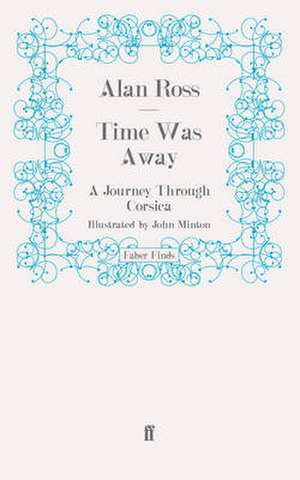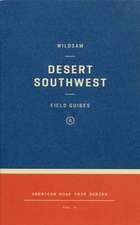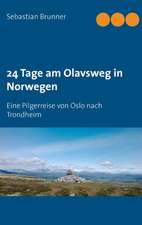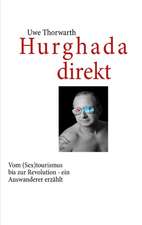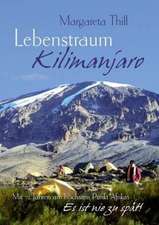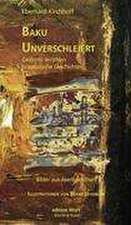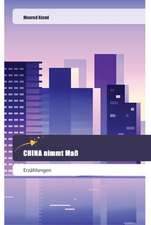Time Was Away
Autor Alan Rossen Limba Engleză Paperback – 27 apr 2011
That is Alan Ross describing Corsica in 1947 which he and the artist John Minton visited, in the footsteps of Edward Lear, expressly to write this book. Although admitting, perhaps too modestly, to the influence of Graham Greene's The Lawless Roads and Journey Without Maps and therefore 'too inclined to see Corsica in terms of defeated priests, corrupt politicians and saintly monks' he wrote one of the best travel books since the Second World War. It is, in fact, a collaboration between a gifted writer and the most romantic artist of his generation, and, in its own lesser way, it played a part, alongside the early Elizabeth Davids (also illustrated by John Minton), of reminding drab, grey, post-war Britain of a warmer, sunnier, more colourful alternative: the Mediterranean.
'Evocative and splendid . . . alert, fresh and sensuous' Times Literary Supplement
'Poetic, personal, the pungent effect of travel on keen senses' V. S. Pritchett, New Statesman
'Splashed with bold strokes and burning colours . . . We are made to see and small, hear and feel the place. That is the test of a good travel book' Observer
Preț: 137.72 lei
Nou
Puncte Express: 207
Preț estimativ în valută:
26.35€ • 28.18$ • 21.97£
26.35€ • 28.18$ • 21.97£
Carte tipărită la comandă
Livrare economică 14-19 aprilie
Preluare comenzi: 021 569.72.76
Specificații
ISBN-13: 9780571269921
ISBN-10: 0571269923
Pagini: 206
Dimensiuni: 140 x 216 x 12 mm
Greutate: 0.29 kg
Editura: Faber & Faber
ISBN-10: 0571269923
Pagini: 206
Dimensiuni: 140 x 216 x 12 mm
Greutate: 0.29 kg
Editura: Faber & Faber
Notă biografică
Alan Ross (1922-2001) was a poet, writer, journalist, editor and publisher. In fact, he was a man of letters par excellence. Born in India, educated in England, he joined the Royal Navy in the Second World War and endured the Arctic convoys to Russia. Alan Ross took over The London Magazine (the definite article was later dropped) from John Lehmann and revitalized it. There, it has been said, 'he simplified as well as unified contemporary culture by the clarity of his unique editorial taste. He also discovered many new talents.'His writing embraced poetry, cricket journalism, biography, autobiography, criticism and travel writing. Many of his titles are to be reissued in Faber Finds.
